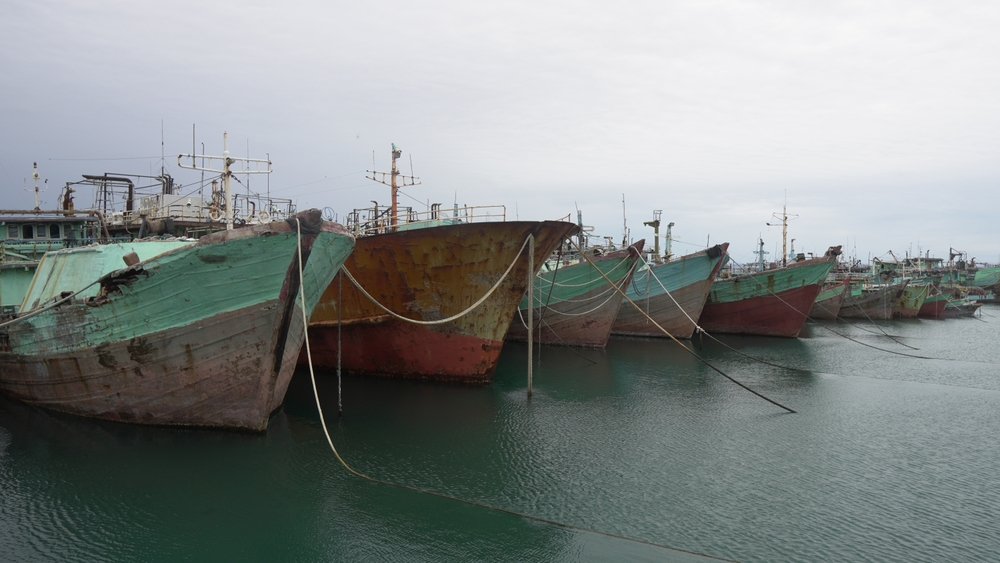The number of abandoned ships worldwide is rising at an alarming rate, leaving thousands of seafarers stranded without pay, food, or a way to return home. According to a recent analysis of United Nations data, cases of ship abandonment have doubled in the past three years, affecting over 3,000 workers across 230 ships in 2024. As shipowners neglect their responsibilities, these workers are left in dire conditions, with limited options for recourse.
A Growing Crisis in Maritime Labor
Under international guidelines, seafarers are considered abandoned when shipowners fail to pay wages for two or more months, provide essential supplies, or maintain communication with the crew. “The only leverage seafarers have sometimes is to stay on a vessel until they get paid,” said Helen Meldrum, a ship inspector with the International Transport Workers’ Federation (ITF). Despite global treaties, abandonment continues to rise, disproportionately affecting smaller shipping companies operating on less profitable trade routes.
Dire Conditions Aboard Abandoned Ships
Many of the abandoned vessels are old and corroded, increasing the risks for those left aboard. The worst cases have seen entire crews suffering for weeks without access to sufficient food or clean water. Some ships lack electricity, forcing sailors to live in darkness. “Workers languish on board for years,” as was the case with Abdul Nasser Saleh, whose story was previously reported by the Associated Press.
Hotspots for Abandoned Vessels
Certain countries are seeing more frequent cases of ship abandonment. In 2024, the United Arab Emirates, Turkey, Egypt, and Saudi Arabia topped the list for reported incidents. Additionally, flag states such as Panama, Palau, and Tanzania registered dozens of abandoned ships, despite their obligations to assist stranded crews. However, many flag states fail to intervene, allowing this crisis to persist.
Shipowners Evading Responsibility
The problem is exacerbated by shipowners who operate through shell companies and use foreign flag registries to avoid accountability. Friends Shipping, one such company, failed to respond to inquiries about its abandoned vessels. A representative stated that provisions were supplied to the crew on the Sister 12 and that all workers would eventually be disembarked, but no further details were provided.
Efforts to Recover Lost Wages
The ITF has been actively working to support abandoned sailors, helping them reclaim over $10 million in back wages last year. However, another $10 million in unpaid wages remains in dispute. The rise in reported cases may suggest that more seafarers are willing to speak out about exploitation, but the true scale of the crisis is likely far greater than what is officially documented.
As economic pressures such as inflation and rising operational costs continue to affect the shipping industry, more ships may be abandoned, leaving even more workers stranded at sea. Urgent action is needed to enforce international labor protections and hold negligent shipowners accountable.


